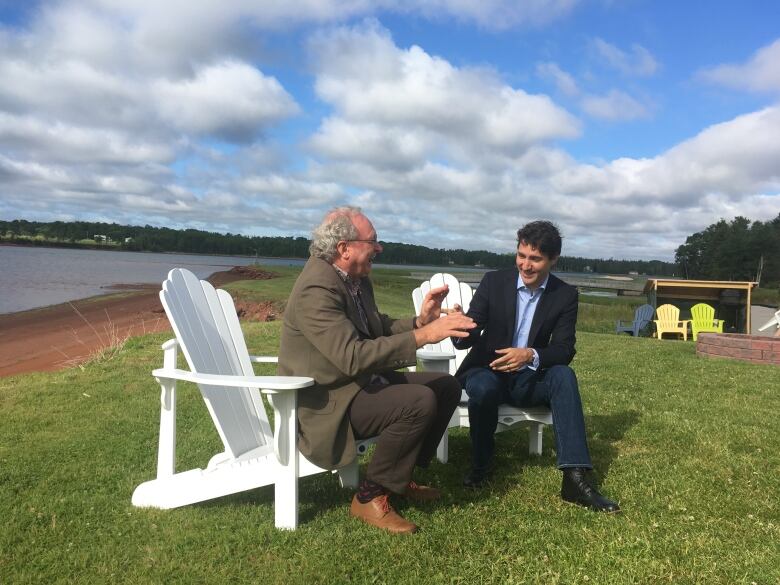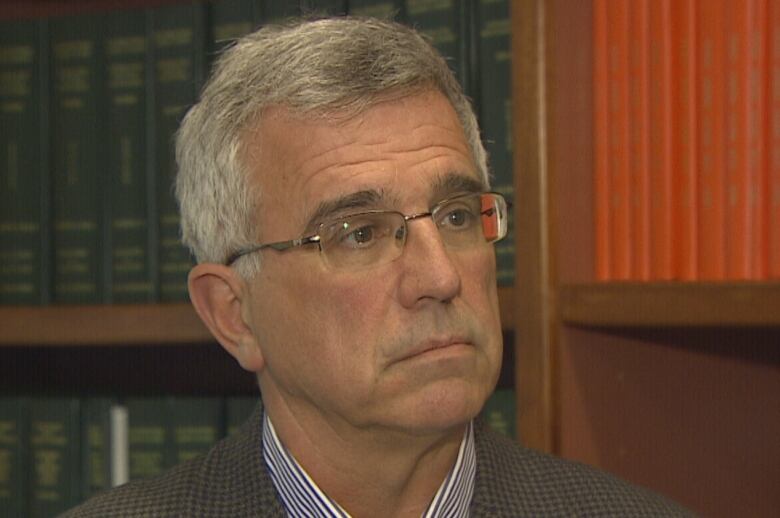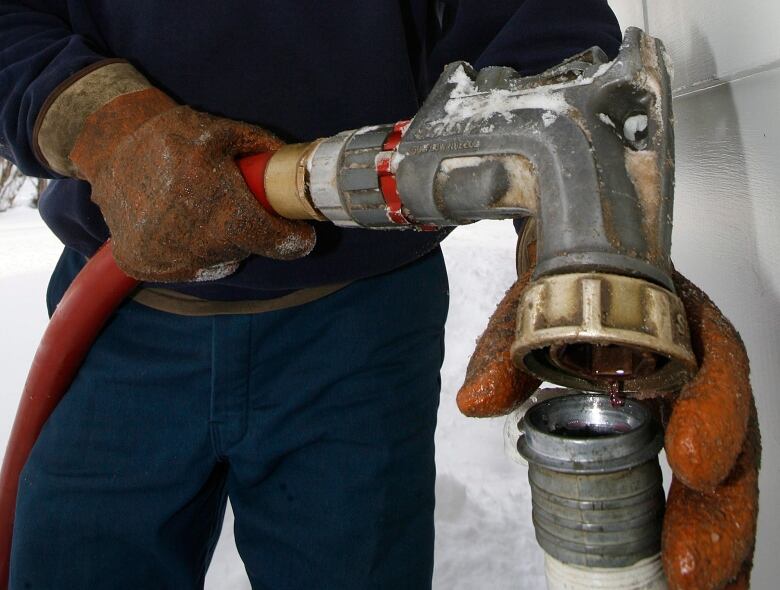What happened to 'made-in-P.E.I.' plan for carbon pricing?
P.E.I. inviting Ottawa to implement its carbon tax here starting next January

P.E.I. seems to have had a difficult time deciding how to proceed with Ottawa's directive that all provinces put a price on carbon emissions.
In December 2016, Premier Wade MacLauchlan said the province's plan for carbon pricing would be"made-in-P.E.I. and made-for-P.E.I."
At that time, P.E.I. had just become signatory of the Pan-Canadian Framework on Clean Growth and Climate Change.
"The framework includes a national commitment on pricing carbon pollution. Prince Edward Island will do its part in this," the premier said at the time, providing details on how some carbon revenues would be given back in tax returns and others used to support low-income households.
MacLauchlan said carbon pricing would be introduced onP.E.I. in January 2018, but that didn't happen.
No tax equates with 'fighting for Islanders,' says minister
Fast forward to this week. P.E.I.'s Environment Minister Richard Brown said he will submit a climate plan to Ottawa by Sept. 1 which includes neither a carbon tax nor a plan for a cap-and-trade system the two options the federal government has given the provinces for pricing carbon pollution.
Brown characterized this act of defiance as "fighting for Islanders."
But that may mean P.E.I. won't get it's "made-in-P.E.I." approach.

The federal government has said it will introduce carbon pricing across Canada in January 2019, and if provinces don't come up with a plan that fits the requirements, the rules will be according to Ottawa's "backstop" plan for a carbon tax.
This also means the province will miss out on the ability to decide how to use revenues, as the federal government has said if it's forced to implement the backstop, it will return the proceeds directly to residents, rather than provide them to the provincial government in question.
Ottawa's 'choice' to imposea tax: Brown
"If [Ottawa] want[s] to impose a tax at this point in time, they can impose their tax," said Brown. "That's their choice."
He said he doesn't understand how charging Islanders a price on carbon, then returning the revenues directly to them will help the environment.
"All you're doing is creating a big administrative item here. If everybody is going to get all their tax dollars back how is that going to affect carbon pricing?"

ButUPEIeconomist JimSentancesaid a carbon tax would do two things: raise the relative cost of carbon-based fuels like gas and heating oil so less polluting options become more attractive, and then redistribute those carbon tax revenues through perks like household rebatesor income tax cuts.
That way, he said, "you give people not only the incentive but the money to move away from carbon. It also leaves the decision on how to do that in the hands of the people who know what works best for them not in government plans that might not suit them."
Predicted to cost average household $788 in 2022
According to figures tabled in Parliament this spring, Ottawa's carbon tax would cost the average Island household $788 per year when the price of carbon maxes out at $50 per tonne in 2022.
That would mean in 2019, with a carbon price of $20 per tonne, the average cost to Island households would be $315.
But the person behind the calculations, Jennifer Winter of the University of Calgary, said P.E.I's costs would likely be higher because the figures don't account for the carbon cost of electricity the province imports from New Brunswick.
Reducing HST not pricing carbon, says expert
Both Brown and MacLauchlan have argued P.E.I.'s climate action plan does include a form of carbon pricing a reduction of the HST charged on a portion of electricity consumption from 15 per cent to five per cent.
That would bring the tax on electricity in line with the lower tax rate charged on home heating oil since P.E.I. adopted the HST in 2013. However, parts of Islanders' electricity bills will still be taxed at the full 15 per cent rate.
"We consider that a price signal," said MacLauchlan. "I'm very happy to make that case to the federal government that we are in fact taking measures to reduce our carbon footprint and that price is part of it."

But Sara Hastings-Simon of the Pembina Institute, a clean-energy think tank, said that's not putting a price on carbon because it's not based on the amount of carbon each heat source produces.
She said even if electricity and oil were taxed at the exact same rate, "you wouldn't have an effective mechanism that's really driving people to reduce emissions like a price on carbon would."
Documents obtained by CBC through freedom of information show P.E.I.'s climate change secretariat advised government in 2015 that the policy of taxing home heating oil at a lower rate than other energy sources "created incentives for fossil fuel consumption and greenhouse gas emissions" at the expense of "other less carbon intensive heating sources (e.g. electricity, wood)."












_(720p).jpg)


 OFFICIAL HD MUSIC VIDEO.jpg)
.jpg)



























































































